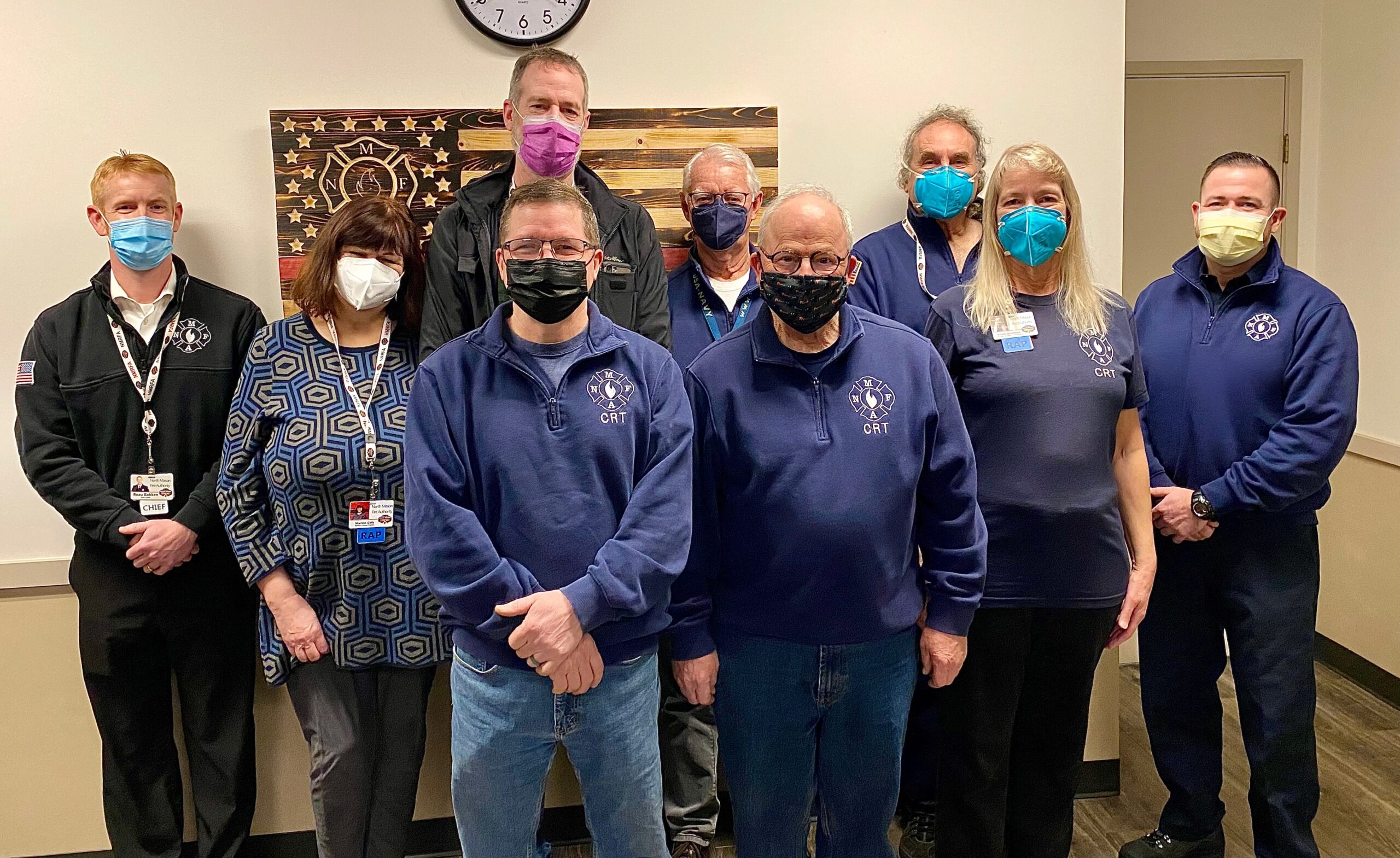
Data suggests that 1% of the population generates approximately 20% of the EMS call volume. Chronic 911 use is often an indication of a health or social vulnerability – frequent users typically suffer from combinations of chronic medical diseases, psychiatric disorders, drug and alcohol dependence and in-home challenges. These individuals often call 911 because they need support for a range of medical and non-medical needs but do not have the resources to seek out alternative solutions. This issue may be particularly challenging in rural areas such as North Mason, where there are fewer primary care providers, and where services may be limited on evenings and weekends.
The purpose of the Fire Authority’s new Resource Access Program (RAP) is to identify such patients, investigate underlying circumstances and reduce their dependence on emergency medical services by linking them with resources more appropriate to their situations.
The RAP program officially launched in February, under the management of the Fire Authority’s new Emergency Prevention Specialist Abe Gardner. Abe is responsible for building relationships with human/social services organizations within the community. He will also identify potential program participants by reviewing call logs and receiving referrals from Fire Authority crew members. The RAP team consists of Fire Authority Community Response Team (CRT) members who have been specially trained for this program.
Once individuals have been identified, Abe will make contact and coordinate a formal evaluation. During the initial assessment, the RAP team will identify safety hazards, focusing on trip hazards, lighting in the home and in walk areas, grab bars and lift handles, and other notable safety needs (smoke detectors, home address signs). The RAP team will also assess necessities like adequate food, cleanliness, clothing, shelter, companionship, supportive social network, ability to obtain prescription medications (financially and physically in terms of being able to retrieve/open them) and other important day-to-day needs. Through scheduled follow-up home visits, the RAP team will address identified hazards where possible and refer the individual to the appropriate community resource(s) that can provide further assistance.
It is important to note that the RAP Team will not provide medical care of any kind; rather, they will identify an individual’s needs on all levels, assist where they can and fill in gaps through referrals to appropriate resources. The Fire Authority is extremely excited for this new, innovative program!

